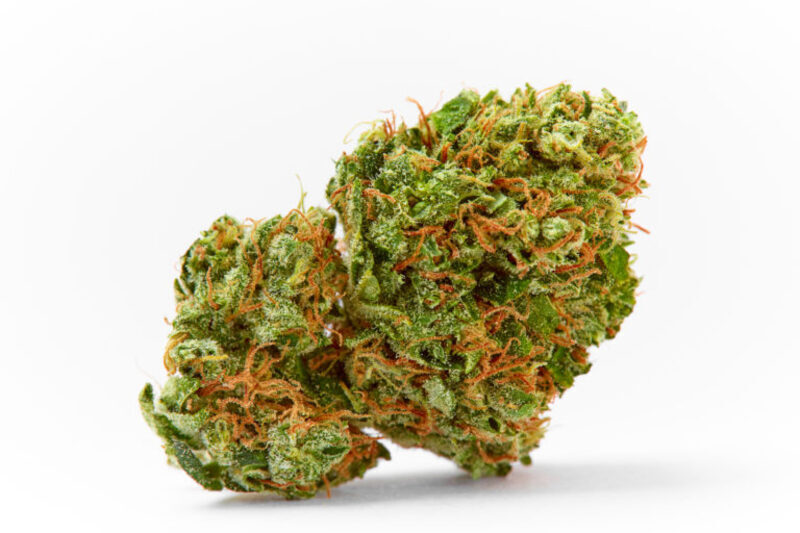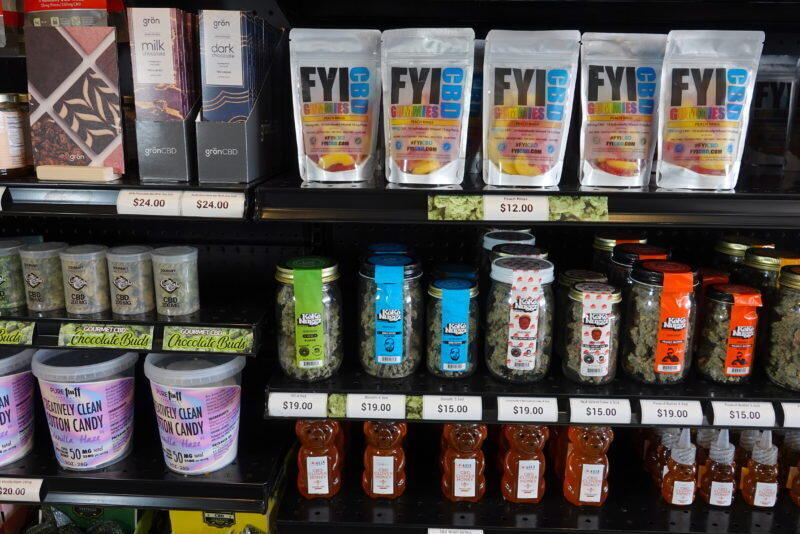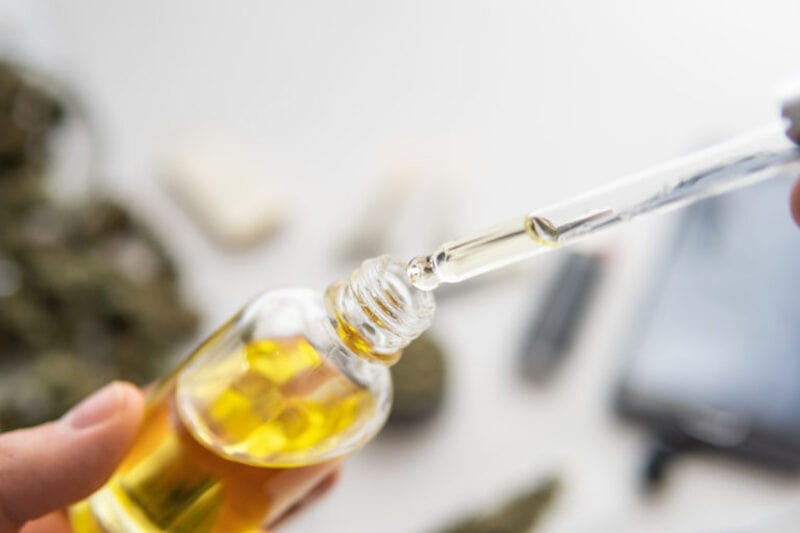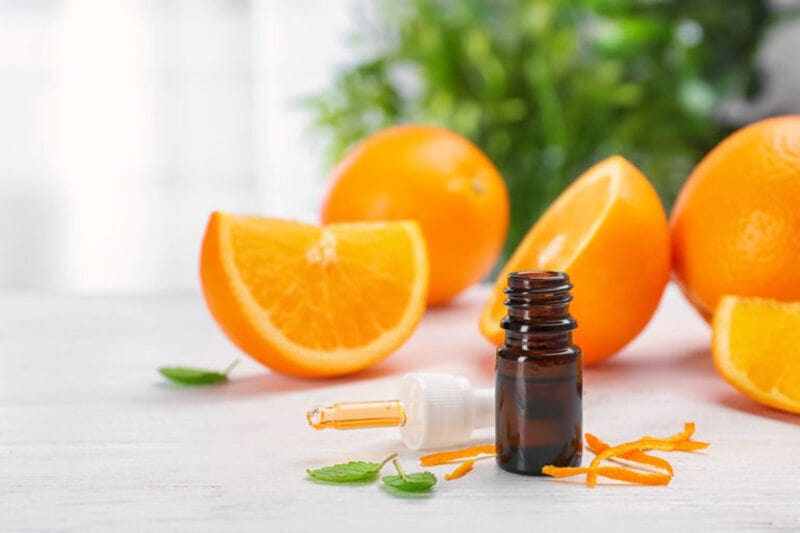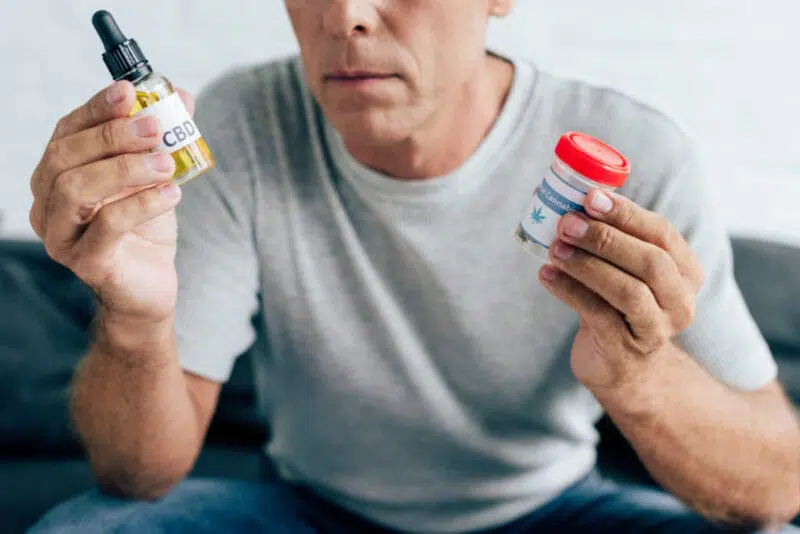-
- Market Research
- |
- CBD Near Me
- |
- Giveaways
- |
- Newsletter
- |
- Contact
- |
- Advertise
- |
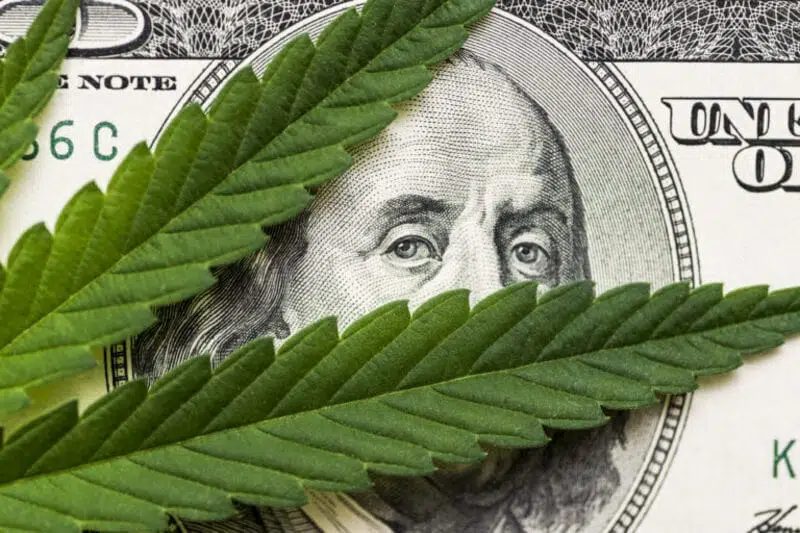
Here’s the latest CBD news from this week:
- A new report has found a disparity in CBD pricing between brands.
- Kentucky, a leading state in the development of the hemp industry, will continue to operate under the 2014 Farm Bill despite the USDA creating rules for the 2018 legislation.
Report Reveals CBD Price Disparity Among Brands
A new report is detailing the pricing discrepancies among CBD brands.
The report, conducted by Leafreport, looked at the prices and potencies of more than 3,500 products from over 53 brands.
These products came from several categories, including: tinctures, gummies, pets, capsules, topicals, e-liquids and vapes, and isolates.
The most substantial discrepancy was found among topicals, which averaged 26 cents per mg, the largest price per mg average.
These topicals ranged from $0.046/mg to $1.07/mg, a 2326% difference.
E-liquids and vapes were the category with the lowest discrepancies, coming in at a 250% difference between the most and least expensive brands.
The average price was 13 cents per mg.
Capsules had the lowest average price per mg at 12 cents.
Leafreport also found the average price per mg for every brand they reviewed.
The averages ranged from $0.02/mg to $0.66/mg for a difference of 3200%.
Leafreport did not provide a definitive answer for the discrepancies.
“But overall, there does not seem to be a concrete explanation for the wide disparity of prices of CBD per mg in any one family of products,” Leafreport stated.
However, one “potential factor” they identified was “Weed Greed.”
“We hate to list this first, but this is just about the simplest explanation. What else can explain huge price disparities when you normalize for all the other variables?” states Leafreport.
The report also lists other factors that could cause the vast difference in price, including:
- Organic status
- Extraction methods
- Extent of third-party testing
- Varying CBD concentrations
- Farming methods
- Staff/employee costs
- Young companies in need of high cash flow
A bill was recently introduced to Congress that would define hemp-derived CBD as a dietary supplement.
This would force the FDA to regulate CBD as a dietary supplement, giving the agency the ability to enforce the standards for such products on all CBD companies.
As a result, pricing would likely equalize among brands as they strive to attain the same level of quality.
Kentucky to Operate Under 2014 Farm Bill
Kentucky Agriculture Commissioner Ryan Quarles announced on Tuesday that Kentucky would continue operating under the state’s pilot program for another year.
The United States Department of Agriculture (USDA) released its Interim Final Rule (IFR) for hemp in October 2019, which allowed states to either submit a plan for approval or operate under the 2014 Farm Bill provisions for another year.
The agency has already approved some states’ hemp plans.
The USDA IFR has come under scrutiny, as several US senators and members of Congress have sent letters to USDA head and US Secretary of Agriculture Sonny Perdue requesting changes.
“The industry has changed dramatically, but the national hemp marketplace is experiencing some real challenges,” said Commissioner Quarles. “After much discussion with industry stakeholders in Kentucky, I determined our state will operate our current hemp program for another year as we responsibly make plans to take Kentucky’s hemp industry into the next phase in 2021 and beyond.”
The US Hemp Roundtable, a prominent organization in the hemp industry that advances hemp policy and legislation, applauded Quarles’ decision.
“Quarles recognized that many outstanding issues remain regarding the IFR, and that these issues that are not likely to be resolved before planting season begins,” said the Roundtable.
“We imagine that other states will follow Kentucky’s lead and operate under the 2014 Farm Bill authorization as the USDA listens to stakeholders and the public as it designs its Final Rule. This would make a strong statement that the IFR needs a substantial overhaul, and given the laudable public outreach conducted by the USDA, we are confident that the agency will listen and respond.”
The USDA is listening to public comments until January 29.


